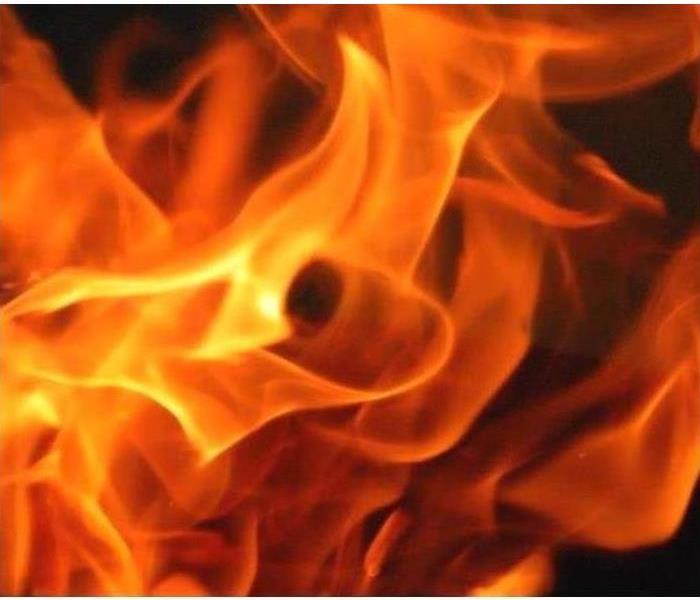Protect Your Home from Winter Fires
1/31/2023 (Permalink)
Most home fires in South Carolina happen during the winter season. Follow these fire safety tips to keep your home and family safe:
- Keep area around heating equipment clear of flammables.
- If you use a fireplace, have the chimney swept yearly, use a sturdy screen to stop sparks and store ashes outside at least 10 feet away from the house.
- Use space heaters with automatic shut-offs and keep pets & children 3 feet away.
- Test smoke & carbon monoxide alarms and make sure batteries are fresh.
- Keep a fire extinguisher on each floor and teach family members how to use it.
- Keep baking soda by the stove to combat grease fires.
Candles
December is the peak time of year for home candle fires; the top three days for home candle fires are Christmas, New Year’s Day, and New Year’s Eve.
Heating
Heating is the second leading cause of U.S. home fires, deaths and injuries. December, January and February are the peak months for heating fires.
Carbon Monoxide
Often called the invisible killer, carbon monoxide (CO) is an odorless, colorless gas created when fuels such as gasoline, wood, coal, propane, etc. do not burn completely. In the home, heating and cooking equipment that burn fuel are potential sources of CO. Carbon monoxide incidents are more common during the winter months, and in residential properties.
Winter storms
Home fires occur more in the winter than in any other season, and heating equipment is involved in one of every six reported home fires, and one in every five home fire deaths.
Generators
Portable generators are useful during power outages, however, many homeowners are unaware that the improper use of portable generators can be risky. The most common dangers associated with portable generators are carbon monoxide poisoning, electrical shock, and fires.
Electrical
Electrical home fires are a leading cause of home fires in the United States. Almost half of all home electrical fires involved electrical distribution or lighting equipment, and almost another half involved other known types of equipment like washer or dryer fans, and portable or stationary space heaters.





 24/7 Emergency Service
24/7 Emergency Service
